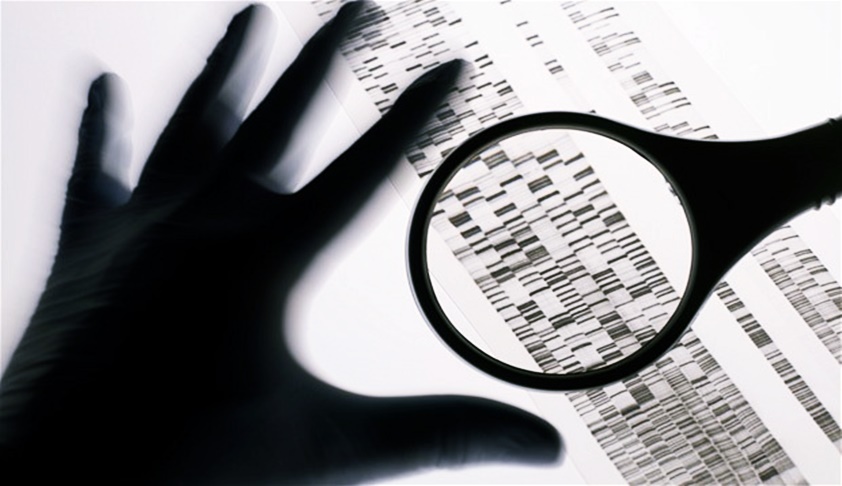India Should Make Forensic DNA a Priority in Sexual Assault Cases
Tim Schellberg
4 Feb 2018 11:04 AM IST

Forensic DNA is by far the most impactful justice tool ever utilized in the criminal justice system. In the late 1980s, DNA was first used as a method to determine if the DNA from known suspects matched the DNA found at crime scenes. This collect, test and compare approach has been replicated in most countries. Fifty-five countries have also moved beyond just focusing on DNA as tool to link a known suspect to a crime scene, and have created national criminal offender DNA database programs. These databases are successfully used as an investigative tool when a suspect has not been identified.
While the growth of forensic DNA has been prolific in most countries, India is woefully behind. Not only does India not have a criminal DNA database program, India has not fully embraced the basics of DNA – collecting DNA from known suspects and comparing it to DNA left at crime scenes.
It is true that India is using DNA in the collect, test and compare scenario, but it is not using DNA in nearly enough cases based on India’s scientific and knowledge abilities regarding DNA. India has been aware of the power of DNA since the beginning, nearly 30 years ago. Nevertheless, India completes DNA analysis on less than 10,000 cases annually. This is a very small number for the size of India and its crime rate. By comparison, the United Kingdom, a country 13 times smaller than India, completes DNA testing on an estimated 70,000 cases per year.
India is adequately aware of the power of DNA. It should do more. Every violent or sexual assault cases where DNA is present should trigger an aggressive DNA response. In these types of cases, DNA should be collected, tested and compared to known suspects immediately. Without an aggressive DNA program, violent criminals and sexual predators escape punishment; conviction rates will remain low; and victims do not receive justice.
Groups in India that focus on protecting women and children and other vulnerable groups against violent and sexual crime should demand that DNA collection from crime scenes be encouraged and the DNA tested quickly. Only then will India be able to take full advantage of forensic DNA to confirm the involvement of known suspects and increase conviction rate. Statistics and high-profile crimes in India indicate that DNA ‘collect and test’ is necessary to convict the guilty from among the suspects and provide justice to victims.
Many reasons are given for why India has such a low rate on violent and sexual assault cases that get tested for DNA and compared to known suspects. Lack of training, funding, and judicial acceptance are the common reasons heard. But it is time for India to make forensic DNA a priority. The leaders in the national and state governments should advocate for the laws, policies, training and funding that makes DNA testing routine for all violent crimes and sexual assault. Like many countries, India has a violent crime and sexual assault problem. India should respond by implementing the best-known crime fighting tool for these problems – an aggressive forensic DNA program.
The author is founder & president, Gordon Thomas Honeywell- Government Affairs.
[The opinions expressed in this article are the personal opinions of the author. The facts and opinions appearing in the article do not reflect the views of LiveLaw and LiveLaw does not assume any responsibility or liability for the same]


